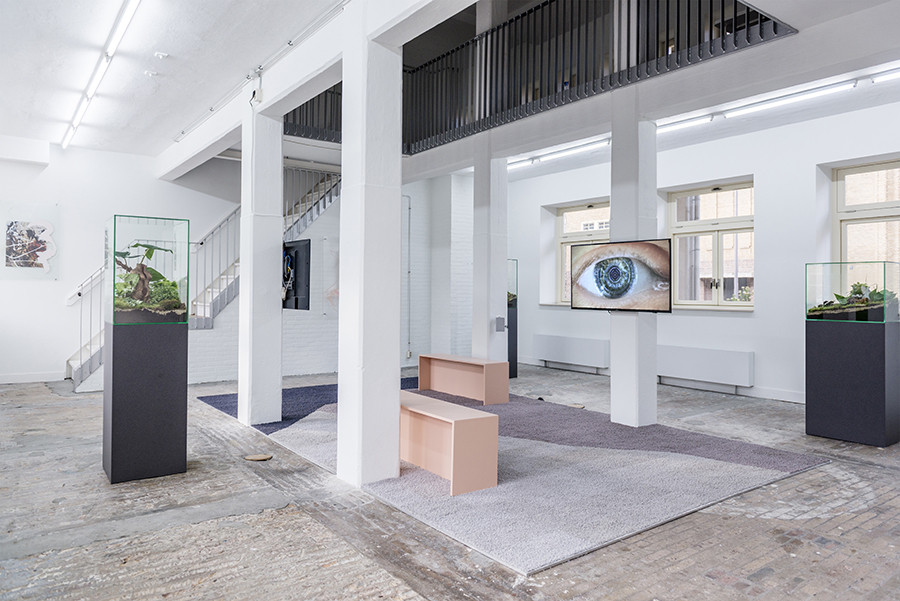
Exhibition view, ROME, 2017
ROME
CHRISTOPHER KULENDRAN THOMAS
November 18, 2017 – January 28, 2018
curated by ANNIKA KUHLMANN
All over the world, citizenship—the right to belong somewhere—is tied to specific nation states. But given the diminishing public confidence in existing political institutions across many parts of the world, how could a more liquid form of citizenship be imagined in an age of technologically-accelerated dislocation?
This pressing question lies at the heart of Christopher Kulendran Thomas’ exhibition ROME at A Tale of A Tub, developed in collaboration with curator Annika Kuhlmann. Central to the exhibition is the artist’s latest film, which unfolds a long-term exploration into the future of citizenship. Thomas’s extensive research is rooted in his personal history. The Tamil homeland of ‘Eelam’, from which his family originates, is a place that no longer exists. For three decades during the Sri Lankan civil war, Eelam was self-governed as an autonomous state led by a neo-Marxist revolution. But this independence movement was brutally silenced in 2009 by an authoritarian Sri Lankan president, protected by the cloak of national sovereignty.
In the immediate aftermath of that violence, and the consequent economic liberalisation that followed, a new local market for contemporary art emerged in Sri Lanka. ROME features original artworks that Thomas has purchased from this ‘peacetime’ economic boom. Through his ongoing series When Platitudes Become Form he reconfigures these artworks for international circulation. Incorporating these works into his own compositions, Thomas exploits the gap between what is considered ‘contemporary’ in one art market versus another, as well as the gap between his family’s own origins and his current context. This ongoing operation draws on the global contours of power by which the ‘contemporary’ itself is conditioned, and on the outward performance of democracy by which nations evade international accountability. Specifically in Sri Lanka, this projection of the ‘contemporary’ continues the ethnic cleansing by which the revolutionary vision of ‘Eelam’ was defeated. But what could a new ‘Eelam’ be if that idea—of a self-governed state based on equality for all its citizens—was imagined as a distributed network rather than a territorially bounded nation?
The exhibition expands on When Platitudes Become Form, posing the question of what Eelam could have looked like if the Tamil Tigers had manipulated the mechanisms of global capital better than their enemy. Rather than attempting self-governance by force, could technology now enable a more liquid form of citizenship beyond borders? Made in collaboration with Annika Kuhlmann, Thomas’ film envisions the future of citizenship in an age of technologically accelerated dislocation. In a time when the call for sovereignty and self-governance is becoming ever louder, we take Thomas’ visionary project as an outlook from which to consider how technological innovation might allow for alternative forms of societal organisation to develop.
Support
ROME is supported by the Municipality of Rotterdam, BankGiro Lottery Fund/DOEN Foundation, Prince Bernhard Culture Fund, Stokroos Foundation, and the Mondriaan Fonds.

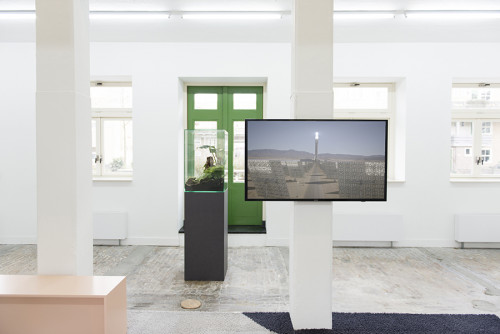
Exhibition view, Rome, 2017. Photo: LNDW Studio.
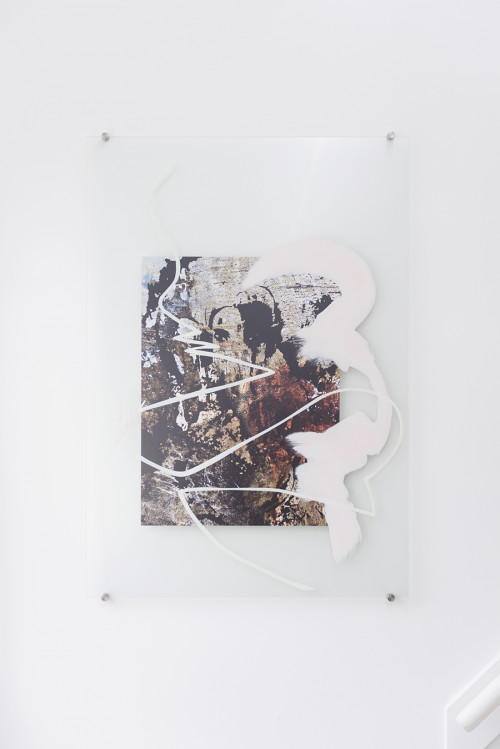
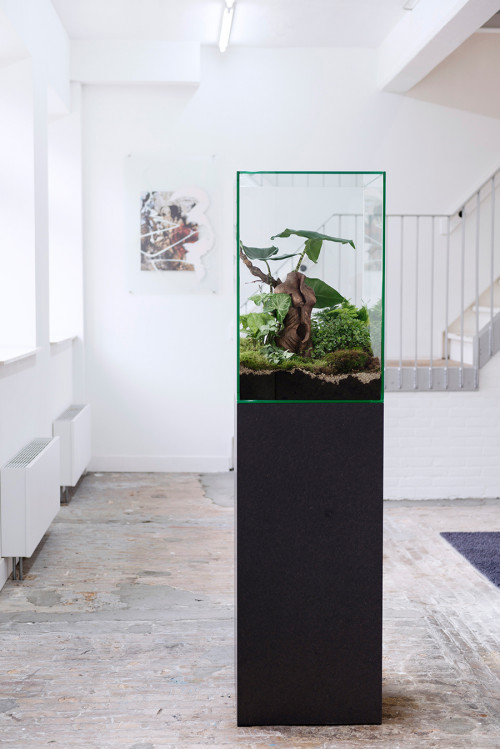
Exhibition view, Rome, 2017. Photo: LNDW Studio.

Exhibition view, Rome, 2017. Photo: LNDW Studio.

Exhibition view, Rome, 2017. Photo: LNDW Studio.
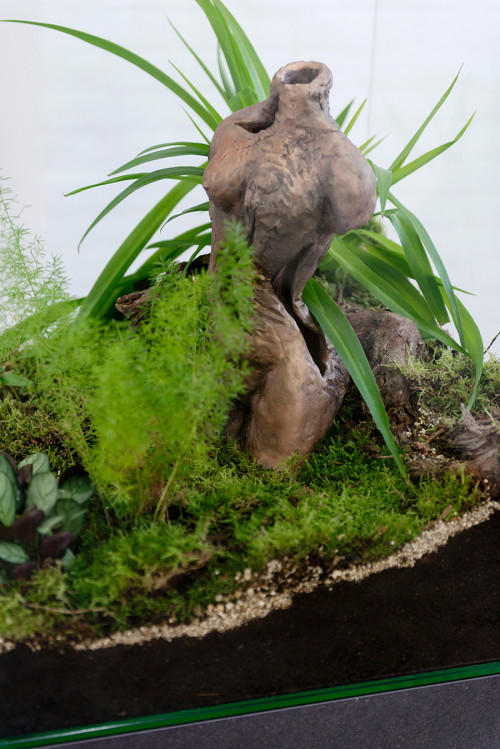
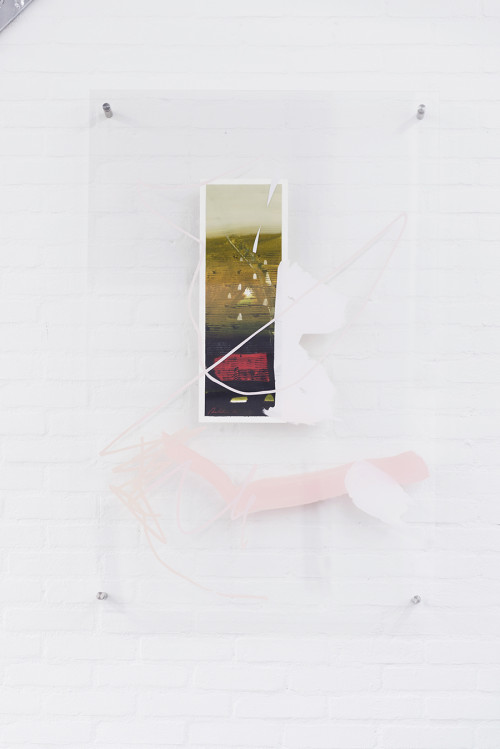
Exhibition view, Rome, 2017. Photo: LNDW Studio.

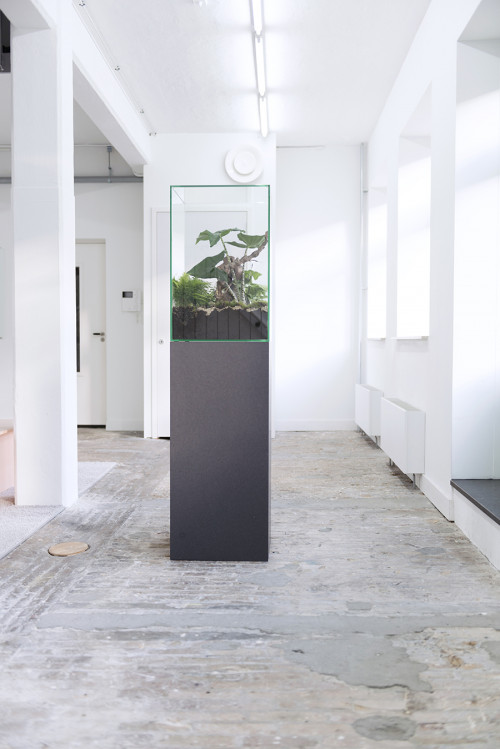
Exhibition view, Rome, 2017. Photo: LNDW Studio.
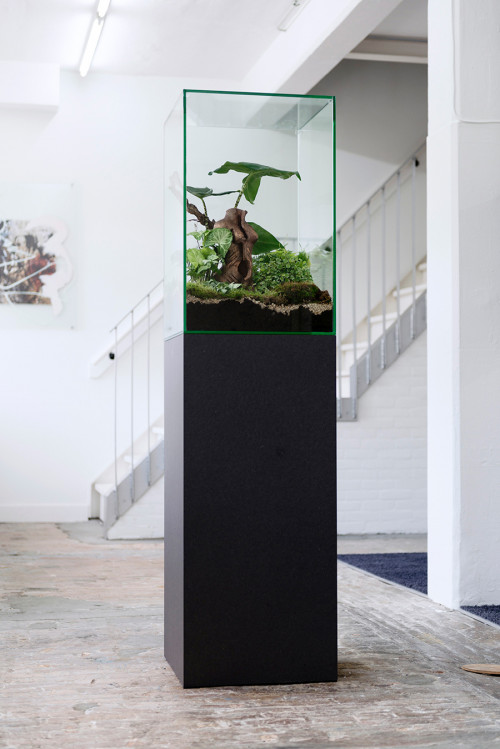
Exhibition view, Rome, 2017. Photo: LNDW Studio.